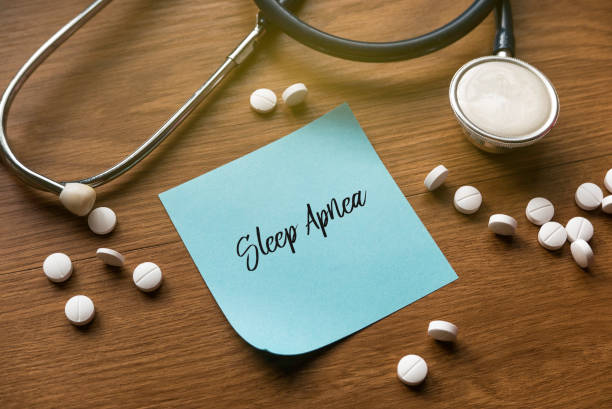Sleep is vital to our physical and mental health. Insufficient sleep can lead to health issues such as irritability, fatigue, and even
depression. The majority of people do not value sleep and continue to disregard it, but they are unaware that a decent night's sleep is essential for good health. A doctor can significantly improve the quality of your sleep. It may sound odd, but as the number of individuals with sleep apnea rises, an increasing number of dentists are attempting to address this issue.
Sleep apnea is a medical condition in which a person's breathing pauses and resumes throughout the night.
It can cause chest pain, coughing, and other respiratory and breathing issues. A physician may be the best individual to treat sleep apnea. You can treat your sleep apnea with dental sleep medicine, which may involve custom-made medical devices. These devices are designed to keep your airways open while you sleep, making breathing simpler.
The dentist can also help you sleep better by addressing any dental issues.
The condition of your teeth and gums has a direct bearing on the quality of your sleep. Sleep apnea can occur, for example, in persons with crooked teeth or a bad bite. The position of your mandible is a significant factor that can affect your breathing during sleep. Your dentist can help you determine the position of your mandible and recommend treatments accordingly.
Dentists can also treat temporomandibular joint disorder, a disease that affects facial musculature, jaw movement, and overall oral health.
The majority of individuals with TMJ disease experience jaw pain, headaches, or facial discomfort. All of these factors can make sleeping difficult. A dentist can treat TMJ disorder to alleviate these symptoms and improve your sleep.
A dentist can also diagnose and treat bruxism, a condition in which individuals pulverize their teeth while sleeping.
Teeth grinding can cause damage to your teeth, migraines, and neck pain. It can also make sleeping difficult. Dentists can create custom mouthguards for individuals who pulverize their teeth during sleep. This can secure your teeth and prevent disruptions to your sleep patterns.
Finale
In conclusion, a dentist can play a significant role in assisting you to sleep better. A dentist can help you sleep better by prescribing dental sleep medication, treating TMJ disorder, addressing dental issues, and treating teeth grinding. Good sleep is vital to one's overall health, so we must pay more attention to it. To improve your quality of life, you should see a doctor if you have difficulty sleeping.
Image from iStock
![]()